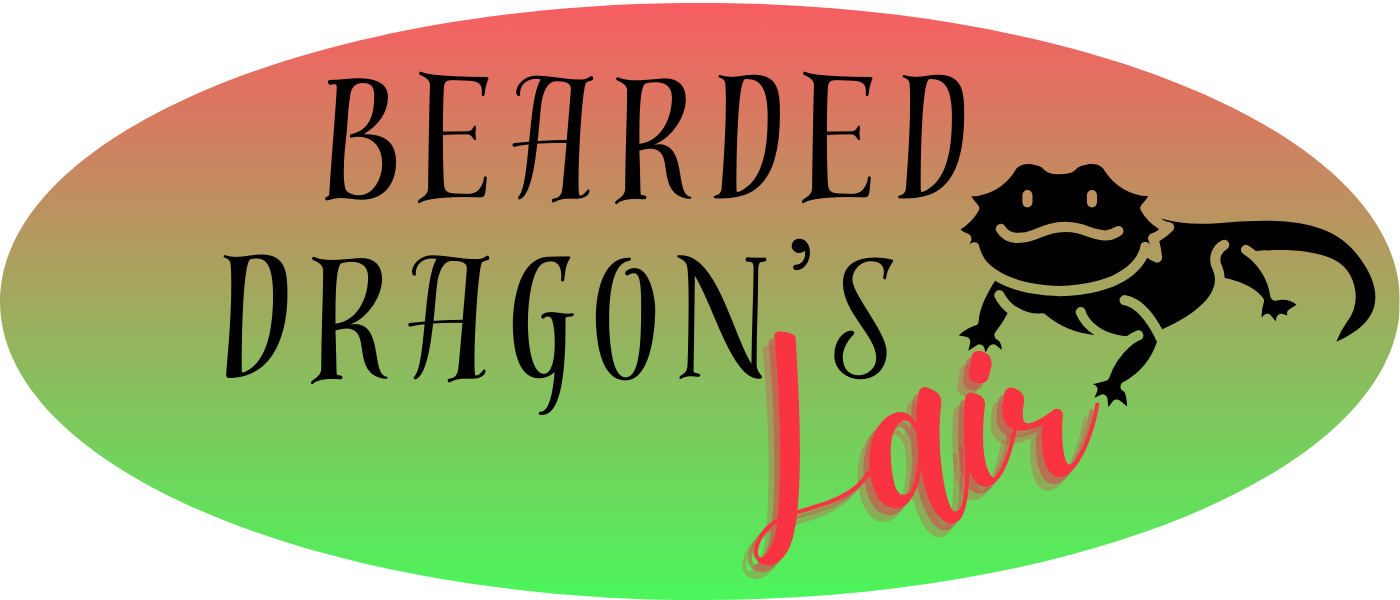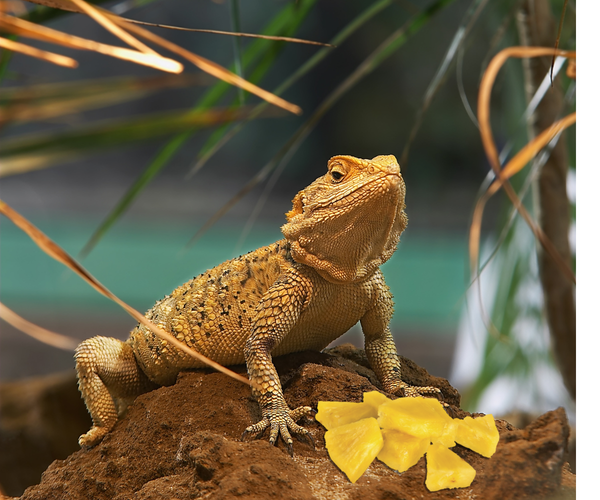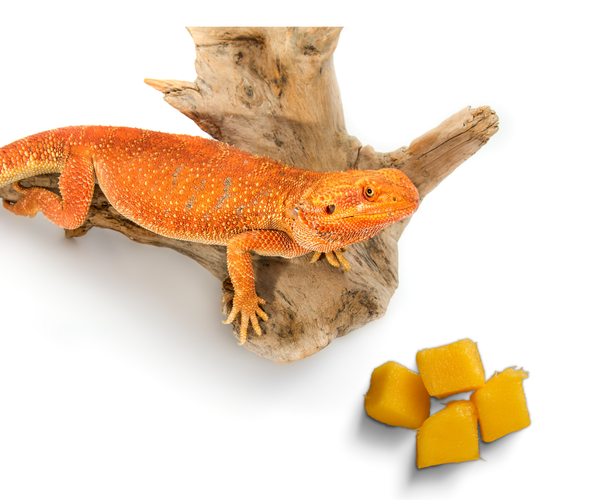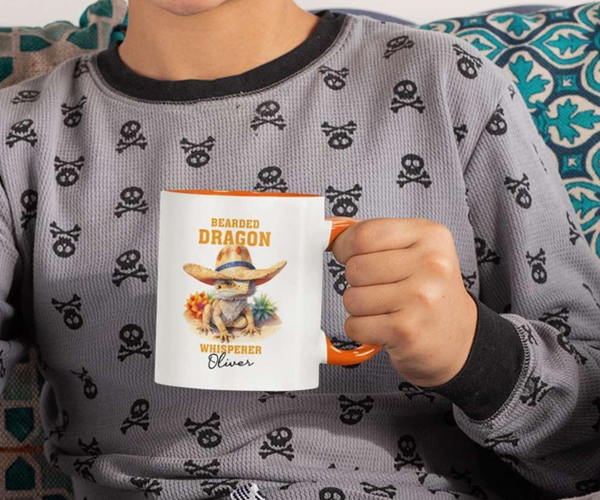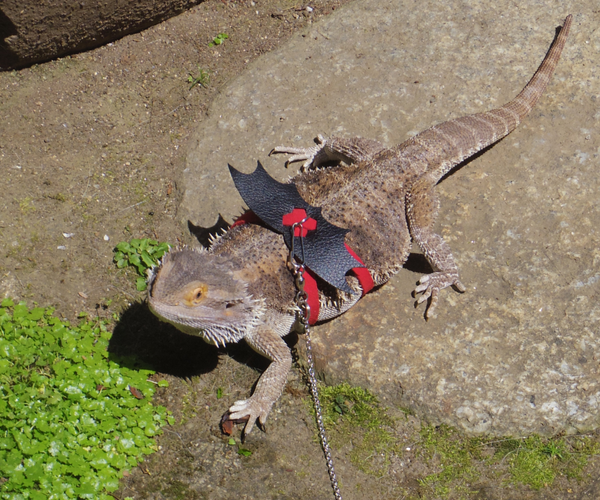Do Bearded Dragons Have Teeth?
Unlike humans, bearded dragons do not have baby teeth that fall out to be replaced by adult teeth. Instead, their teeth are continuously worn down by their diet and will regrow as needed.
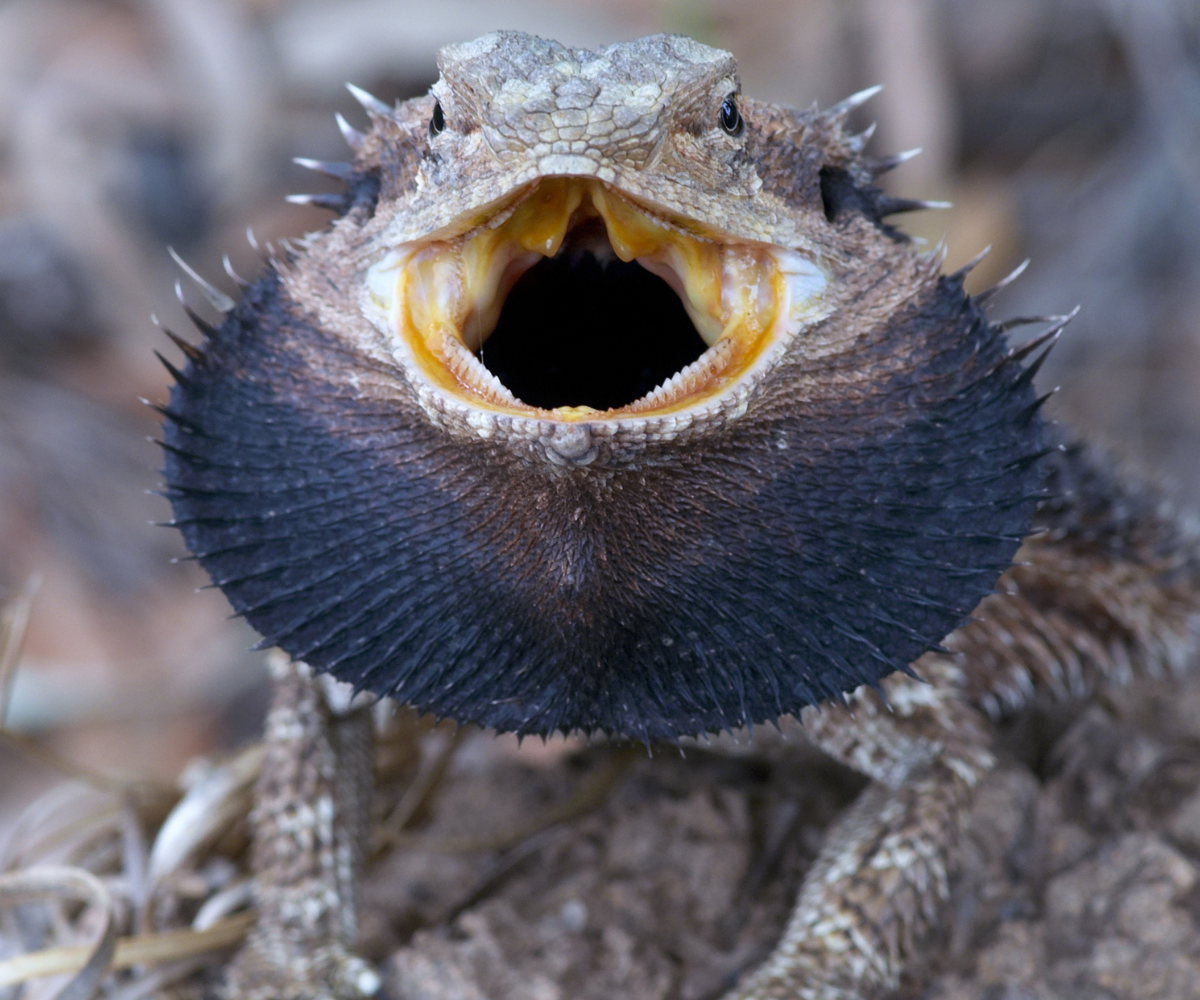
Bearded dragons, renowned for their gentle demeanor and distinctive looks, rank among the top choices for reptile enthusiasts seeking a pet. However, there's a lot of curiosity surrounding their physiological traits, particularly their dental structure. A frequently asked question is: "Do bearded dragons have teeth?" In this informative piece, we'll explore the intriguing dental anatomy of bearded dragons, shedding light on this aspect of their biology that piques the interest of many owners and reptile aficionados.
Key Takeaways:
- Bearded dragons do have teeth that are adapted to their omnivorous diet.
- Their teeth structure and dental health are important for their overall well-being.
- Regular check-ups with a vet can prevent and address dental issues in bearded dragons.
Understanding Bearded Dragon Anatomy
Bearded dragons, scientifically known as Pogona vitticeps, are reptiles with a set of features that suit their habitat and lifestyle. Their anatomy is a subject of interest for many reptile enthusiasts and pet owners. One of the lesser-known aspects of their anatomy is their dental structure. Yes, bearded dragons do have teeth. Their teeth are designed to help them with their omnivorous diet, which includes a variety of insects, greens, and occasionally small rodents or other lizards.
The teeth of bearded dragons are not like those of mammals. Instead, they are small, sharp, and cone-shaped, which allows them to grip and slice through their food. These teeth are also known as acrodont teeth, which means they are fused to the jawbone and do not have individual sockets like the teeth of humans and many other animals.
Diet and Dental Adaptation
The diet of a bearded dragon in the wild consists of insects, plants, and sometimes small animals, which requires a specific type of dentition to manage. Their teeth are perfectly adapted for this diet, allowing them to effectively chew and digest a wide range of food items. The front teeth are primarily used for gripping insects, while the side teeth help in cutting up tougher plant material.
It's important for pet owners to mimic this natural diet to maintain the dental health of their bearded dragons. Feeding them a balanced diet that includes leafy greens, vegetables, and live prey like crickets or mealworms can help keep their teeth in good condition. Chewing on these various textures is also a natural way for bearded dragons to keep their teeth from overgrowing.
Bearded Dragon Teeth Development
Bearded dragons are born with a full set of teeth. As they grow, their teeth grow with them, although they do not have the same replacement process as mammals. Unlike humans, bearded dragons do not have baby teeth that fall out to be replaced by adult teeth. Instead, their teeth are continuously worn down by their diet and will regrow as needed.
The development of a bearded dragon's teeth is crucial during their early stages of life, as it can affect their ability to eat and, consequently, their overall health and growth. Juvenile bearded dragons may sometimes lose teeth when they are learning to hunt and eat, but these teeth will regrow.
Monitoring Dental Health in Bearded Dragons
Just like any other pet, bearded dragons can suffer from dental problems. It's important for owners to regularly check their bearded dragon's mouth for any signs of dental issues, such as broken teeth, inflammation, or infection. Poor dental health can lead to difficulty eating, which can result in weight loss and other health complications.
To monitor your bearded dragon's dental health, gently open their mouth and inspect their teeth and gums for any abnormalities. If you notice anything concerning, it's important to consult with a veterinarian who specializes in reptiles. They can provide professional advice and treatment if necessary.
Preventing Dental Problems
Prevention is key when it comes to dental health in bearded dragons. Providing a well-balanced diet that includes a variety of textures can help naturally wear down their teeth and prevent overgrowth. Additionally, avoiding feeding practices that can damage their teeth, such as offering prey that is too large or hard, is essential.
Regular veterinary check-ups are also important for maintaining dental health. A reptile veterinarian can perform a thorough examination of your bearded dragon's teeth and mouth and can clean their teeth if necessary. This proactive approach can help prevent many common dental issues.
Signs of Dental Issues
Owners should be vigilant for signs of dental issues in their bearded dragons. Symptoms such as drooling, bad breath, reluctance to eat, or visible swelling around the mouth could indicate a dental problem. Additionally, a change in behavior, such as aggression or lethargy, can also be a sign that something is wrong.
If you observe any of these symptoms, it's important to seek veterinary care as soon as possible. Dental issues can quickly lead to more serious health problems if left untreated. A vet can diagnose the issue and provide appropriate treatment to get your bearded dragon back to good health.
Professional Dental Care for Bearded Dragons
Sometimes, despite an owner's best efforts, a bearded dragon may require professional dental care. This can include the removal of overgrown or damaged teeth, treatment of gum disease, or even surgery for severe cases. A qualified reptile vet will have the expertise to perform these procedures safely.
Professional dental care can be costly, but it is a crucial aspect of pet ownership. Investing in the health of your bearded dragon, including their dental health, will ensure they live a long and happy life. Pet insurance for reptiles can help manage these costs and is worth considering for any bearded dragon owner.
Bearded Dragon Tooth Loss and Regrowth
It's not uncommon for bearded dragons to lose teeth throughout their lives, especially if they encounter something too hard during feeding. However, their teeth have the capability to regrow. This regrowth process is not instantaneous and can take some time, depending on the individual dragon and its health.
To support tooth regrowth, ensure that your bearded dragon continues to receive a balanced diet and proper care. This will provide them with the necessary nutrients for regrowth and help prevent any further dental issues during the process.
The Role of Calcium in Dental Health
Calcium plays a significant role in the dental health of bearded dragons. A deficiency in calcium can lead to weak teeth and bones, a condition known as metabolic bone disease (MBD). This is why it's crucial to include calcium-rich foods in their diet and to use calcium supplements as recommended by a veterinarian.
Proper UVB lighting is also essential for calcium metabolism in bearded dragons. Without adequate UVB exposure, they cannot synthesize vitamin D3, which is necessary for calcium absorption. Ensuring your bearded dragon's habitat has the correct lighting will support their overall health, including their dental health.
Summary
Bearded dragons do indeed have teeth, which are an integral part of their anatomy and essential for their survival. These teeth are adapted to their omnivorous diet and require proper care to prevent dental issues. Owners should provide a balanced diet, monitor their bearded dragon's dental health, and seek professional care when necessary. By understanding the importance of dental health and taking proactive steps to maintain it, owners can ensure their bearded dragons live healthy and happy lives.
FAQ Section
Q: How many teeth do bearded dragons have? A: Bearded dragons have around 80-100 teeth. These teeth are small and sharp, designed to help them with their omnivorous diet.
Q: Can bearded dragons regrow their teeth if they lose them? A: Yes, bearded dragons can regrow their teeth. They have the ability to replace lost or damaged teeth over time, although the process is not as rapid as in some other animals.
Q: How can I prevent dental problems in my bearded dragon? A: To prevent dental problems, ensure your bearded dragon has a balanced diet that includes a variety of textures to naturally wear down their teeth. Regularly inspect their mouth for any signs of dental issues and consult with a reptile veterinarian for check-ups and professional dental care.
